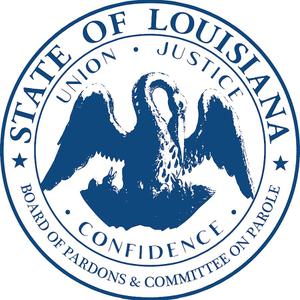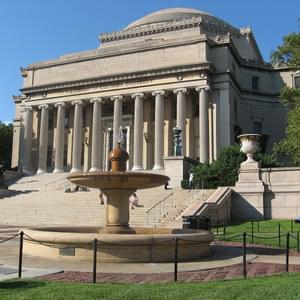A new study published in the American Journal of Political Science investigates the connection between death penalty decisions and the practice of electing judges. “The analysis presented considers public opinion’s influence on the composition of courts … and its influence on judge votes in capital punishment cases. In elective state supreme courts, public support for capital punishment influences the ideological composition of those courts and judge willingness to uphold death sentences. Notably, public support for capital punishment has no measurable effect on nonelective state supreme courts.”
The authors noted that Supreme Court Justice Sandra Day O’Connor alluded to the fear that judges may bend to public opinion rather than follow the rule of law when she said, “[I]f a state has a problem with judicial impartiality, it is largely one the state brought upon itself by continuing the practice of popularly electing judges.” (quoting Republican Party of Minnesota, et al. V. White). The researches concluded that in states “where supreme court judges face election, and where these judges must render capital punishment decisions, stronger support for the death penalty produces significantly more conservative judges and…these conservative judges are more likely to uphold capital convictions.”
(P. Brace & B. Boyea, “State Public Opinion, the Death Penalty, and the Practice of Electing Judges,” 52 American Journal of Political Science 360 (April 2008)). See Studies and Arbitrariness.
Arbitrariness
Nov 21, 2024

Alabama is Set to Execute Carey Grayson in its Third Nitrogen Gas Execution in 2024
Arbitrariness
Jul 28, 2023

